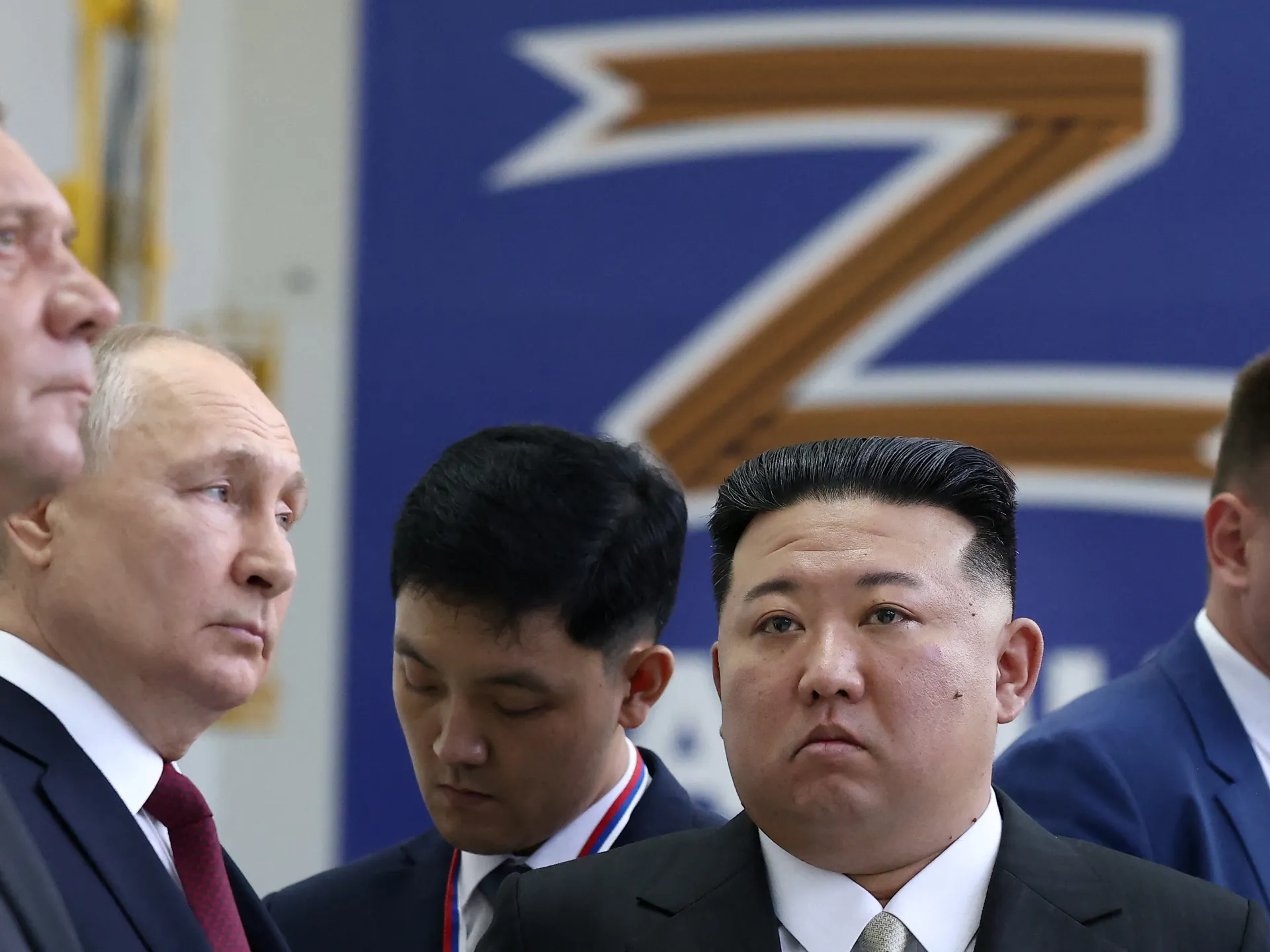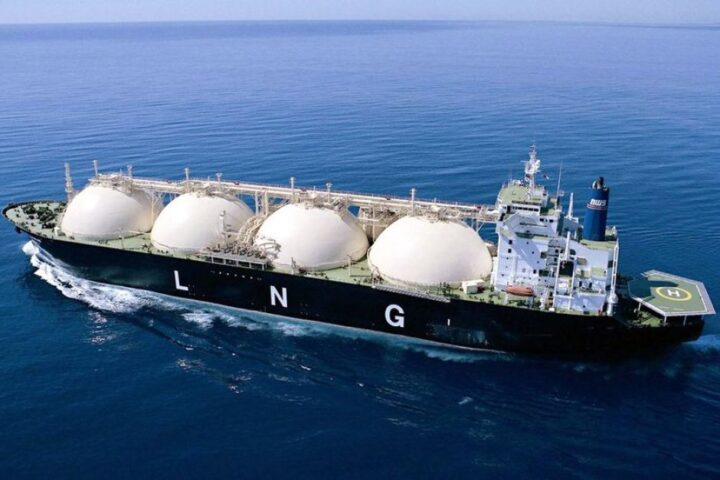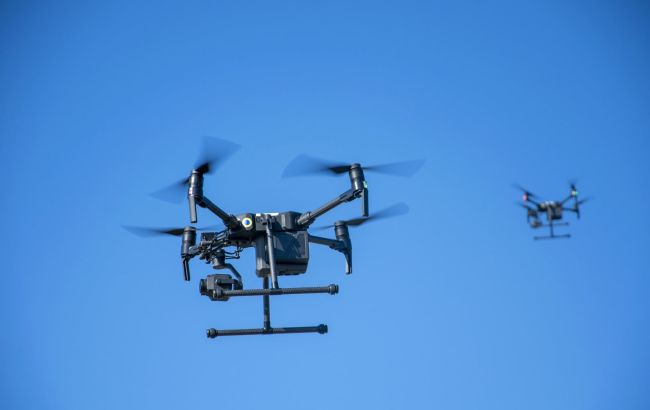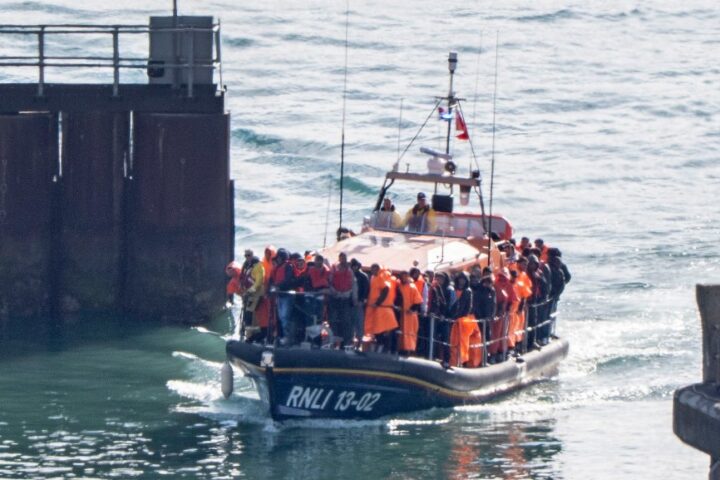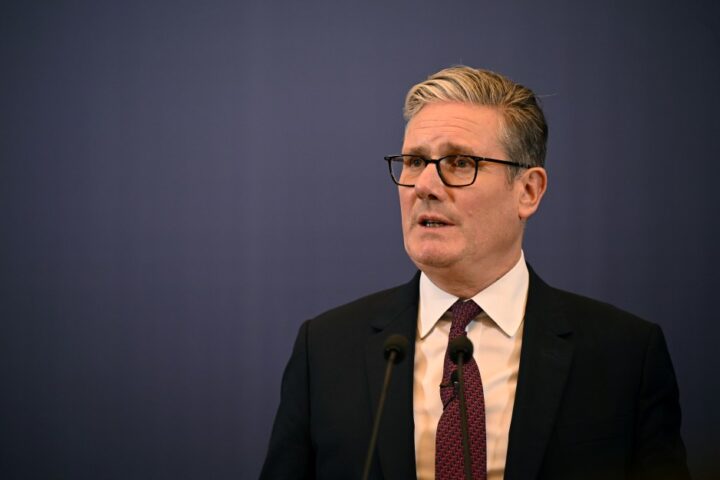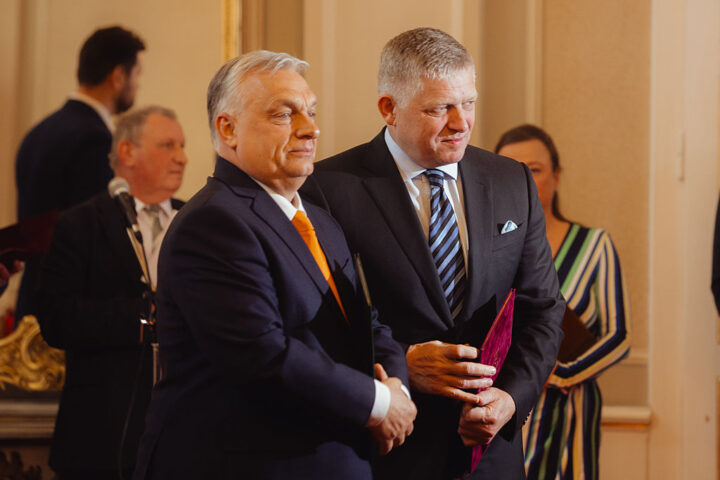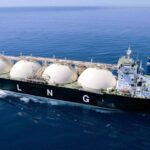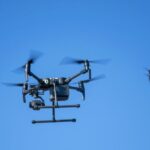On 11–12 July 2025, Russian Foreign Minister Sergey Lavrov conducted an official visit to North Korea, meeting with his counterpart Choe Son Hui to discuss the war in Ukraine and security issues on the Korean Peninsula. Later, in the coastal city of Wonsan, Lavrov met North Korean leader Kim Jong Un, describing the bilateral relationship as an “invincible brotherly combat unity.”
Military cooperation and ongoing arms supplies
Lavrov’s trip followed recent visits by former Defence Minister and current Russian Security Council Secretary Sergey Shoigu, during which the two sides agreed to continue supplying arms, military equipment, and ammunition to Russian forces. According to Ukrainian intelligence, up to 40% of the ammunition used by Russia in Ukraine is supplied by North Korea. Ukrainian estimates also indicate that approximately 14,000 North Korean soldiers fought in Russia’s Kursk region. Experts believe North Korean troops may be redeployed to Ukraine, with Pyongyang viewing the conflict as a chance to improve its soldiers’ combat experience. Currently, North Korea sends military engineers and sappers to Russia.
Geopolitical impact and regional concerns
The intensification of high-level contacts between Russia, China, and North Korea raises the risk of escalation in the Indo-Pacific, worrying the United States and its regional allies. While in North Korea, Lavrov publicly accused the US, South Korea, and Japan of forming an alliance and boosting military capabilities around North Korea. He also stated Russia’s understanding of North Korea’s nuclear ambitions, emphasising that “the technologies used by North Korea are the result of its own scientists’ work.” Further details on these remarks can be found in Lavrov’s official statement during the visit.
Shared authoritarian goals and sanctions evasion
North Korea has repeatedly confirmed its unconditional support for Russia’s objectives in Ukraine and has never denied deploying troops in Russia’s Kursk region. The recent visits by Shoigu and Lavrov signal a further strengthening of military cooperation. Both Russia and North Korea have successfully circumvented international sanctions, assisting each other through shadow trade and financial support. China plays a crucial role in sustaining both economies despite restrictions.
The three countries are united in resisting US and Western influence and share an authoritarian solidarity focused on preserving power and opposing democratic processes domestically. While not a formal bloc, their enhanced military partnership presents a significant risk of escalation in the Indo-Pacific region.
